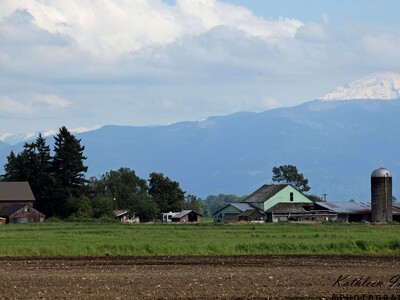Foreign Farmland sales
Farmland prices have been affected by inflation and a potential recession, but on the whole, land sales are moving. But in the right direction?Representative Dan Newhouse introduced an amendment to the Agriculture, Rural Development, Food and Drug Administration, and Related Agencies FY2023 Appropriations Bill. The amendment prohibits the purchase of agricultural land in the U.S. by companies owned, in full or in part, by the People’s Republic of China, Russia, North Korea, or Iran.
“China, Russia, Iran and North Korea are not our allies. These authoritarian regimes continue provoking nations worldwide.”
The Washington state Republican’s amendment is very similar to a proposal approved in committee by a voice vote, but was greatly altered when voted on by the full House.
A 2018 ERS report found that Chinese investment in the U.S. farm sector had grown tenfold over the past decade.
A 1978 federal law, known as the Agricultural Foreign Investment Disclosure Act, requires foreign entities to report transactions of farmland to FSA. The data covers years 1900 through 2016. Newhouse noted that, six states, Hawaii, Iowa, Minnesota, Mississippi, North Dakota and Oklahoma, have laws banning foreign ownership of farmland.
But he pointed out restrictions on Chinese land ownership can be circumvented by Chinese investors buying large U.S. corporations that already own agricultural land.
“More needs to be done to ensure the U.S. food supply chain is secure and independent. The U.S. cannot become dependent on our adversaries for our domestic food supply.”
The amendment was unanimously adopted by voice vote.













